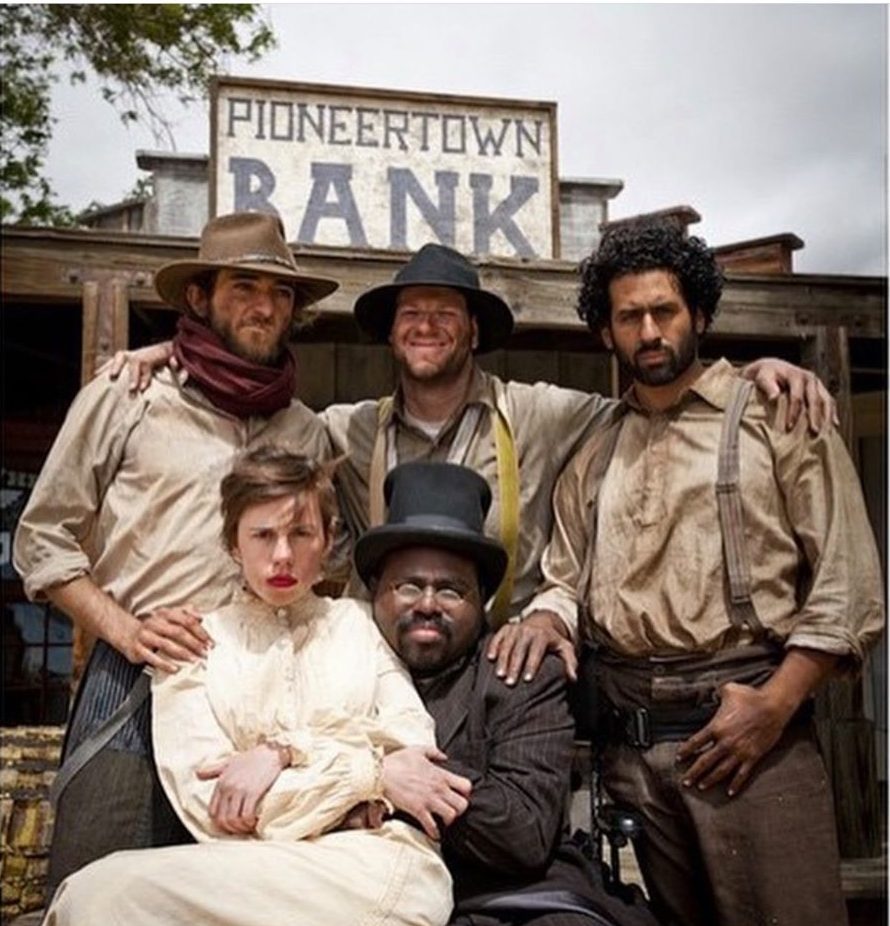About Us

THE HISTORY OF FILMDIS
FilmDis was started in 2014 as a simple hashtag. Fed up by the poor representations of disabled people in film and the treatment of disabled creators and actors in Hollywood, filmmaker, Dominick Evans, created the #FilmDis hashtag and formed a Twitter chat that would go on to talk about all forms of media, even holding special chats to cover the Oscars and other media events.
Evans was inspired by the long-running Twitter chat, #journchat, started by his friend, Sarah Evans (no relation!), which was one of the first major Twitter chats on the platform. Dominick spent over a year preparing for the chat, and in September/October 2014, the first Twitter Chat was held.
Since then, the chat, which was one of the first regular Twitter chats in the disability community, has been supported by actors, filmmakers, comic book creators, and other well-known media makers. Now a monthly chat held the second Saturday of every month (although it is on hiatus until January 2023), #FilmDis has discussed topics about all kinds of media relating to disability and disability inclusion.
Wanting to expand on the work he was doing, Dominick and his creative partner Ashtyn, decided to turn FilmDis into a media monitoring company, which not only researches and disseminates information on media representation of disability but also hopes to repaint the media landscape to where it is inclusive of all disabled people.
As a queer, disabled, trans & non-binary person, Dominick recognizes that much of the portrayals of disability in all forms of media are overwhelmingly white, straight, cisgender, and male. With a need to explore intersectional identity and multiple marginalized inclusion, every project FilmDis creates seeks to expand inclusion in representation through a disability justice lens.
With the inaugural FilmDis Disability on Television study set to release in March 2020, FilmDis hopes to shed a light on where the disparities in representation on television, when it comes to disability, really are.
FilmDis will release regular research studies into all forms of media, as well as engage in the creation of media projects, starting with podcasts, and various other things they hope will integrate more disabled people into media.
The mission is for media to be, nothing about us without us.3